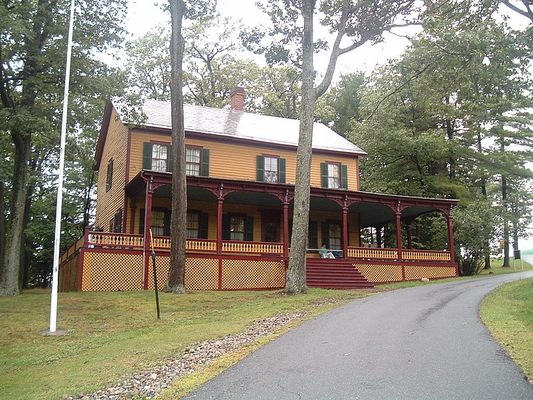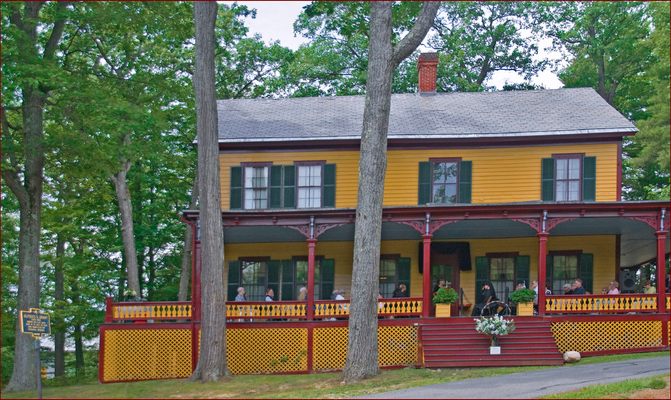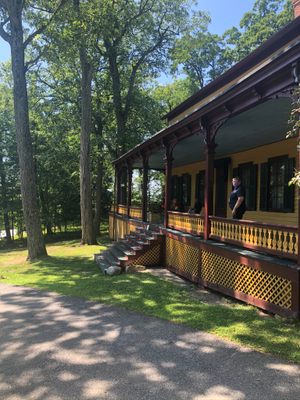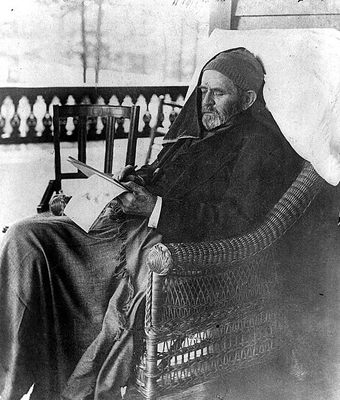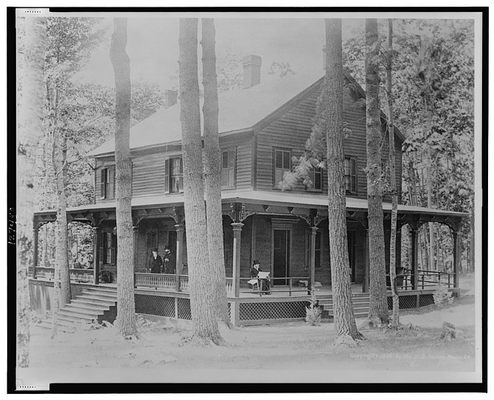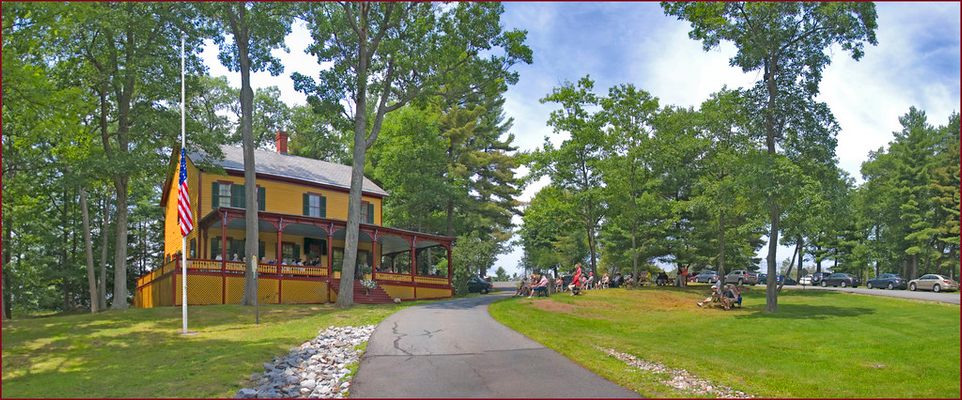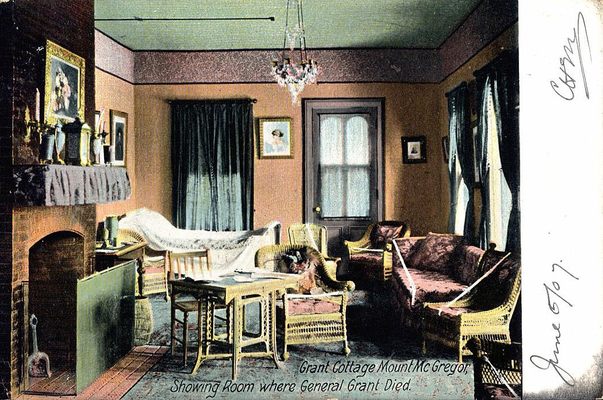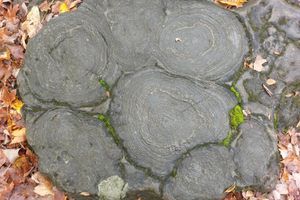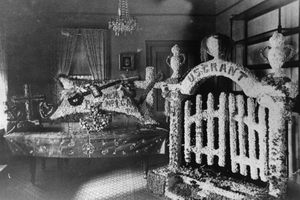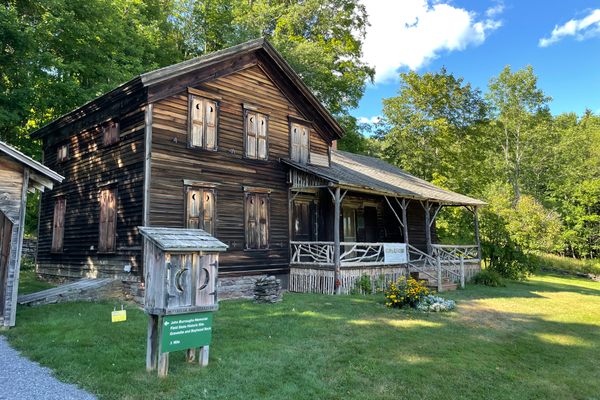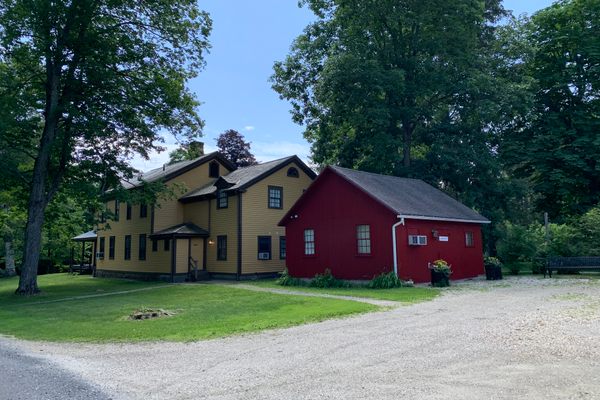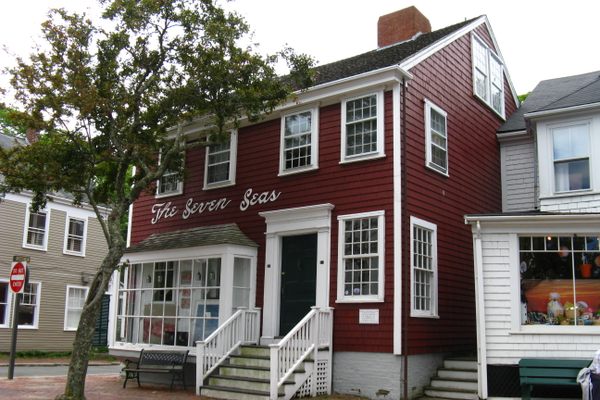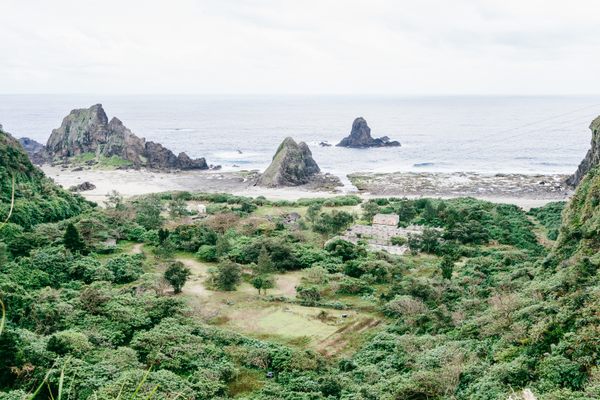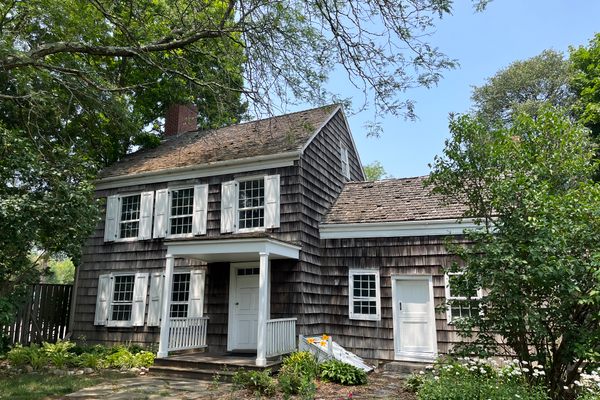About
In June 1885 with only six weeks left to live, Ulysses S. Grant, commanding general of the Union Army and 18th President of the United States, moved to a cottage in the Adirondack Mountains of New York. He relocated to complete work on his memoirs and finished the 366,000-word manuscript just three days before his death on July 23, 1885.
In May 1884, Grant lost his entire fortune in a pyramid scheme perpetrated by a business partner. Shortly thereafter and while still reeling from bankruptcy, he began experiencing severe and persistent throat pain. By the time he sought medical treatment in October 1884, it was evident that he had terminal cancer of the throat and tongue attributed to his lifelong consumption of cigars. Knowing that Grant and his family were surviving on gifts and donations, his friend, writer Mark Twain, offered Grant an opportunity for additional income.
Twain knew that Grant was a gifted storyteller and offered him a $25,000 advance to write his memoirs. Grant agreed. He soldiered on with his writing until spring 1885 when he became too weak to write or dictate. His doctors suggested that he be moved from New York City to the healthier air of the Adirondacks. Accordingly, on June 16, 1885, he relocated with his family to a cottage near the summit of Mount McGregor in Wilton, New York and resumed writing. The house was owned by Grant's friend, New York financier Joseph Drexel.
With the knowledge that completing the manuscript would guarantee income for his family’s future, Grant put forth one final Herculean effort. Although in constant and excruciating pain and unable to speak or eat, he was medicated sparingly in order not to dull his senses. He completed the memoirs with mere days to spare. In the two years following its publication, the two-volume book earned his family $450,000 and saved his widow, Julia, from destitution.
For many years following Grant’s death, the Drexel cottage was a pilgrimage site for Civil War veterans wishing to honor their former commander. The cottage was designated a New York Historic Site in 1957 and was placed on the National Register of Historic Places in 1971. It was recognized as a National Historic Landmark by the National Park Service in January 2021.
Visitors today can see the house furnished as it was during Grant’s occupancy, including the bed in which he died. The parlor clock is stopped at 8:08, the time of his death. In the dining room, the flower arrangements from his funeral are still arranged from the day they were laid. Outside is a granite marker where Grant last stood and set eyes on the mountain valley.
Related Tags
Know Before You Go
Gates open at 9:30 am and close at 4:00 pm.
Tours begin at 10:00 am, and the last tour starts at 3:30 pm.
Community Contributors
Added By
Published
June 8, 2021
